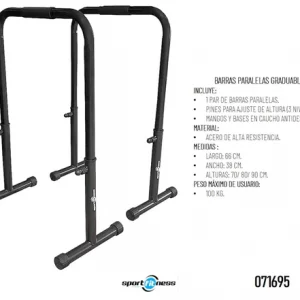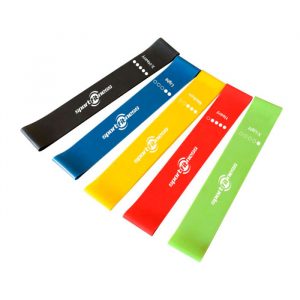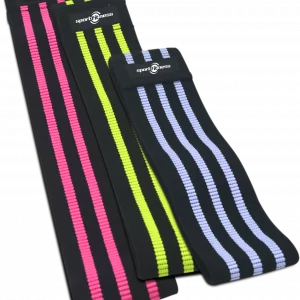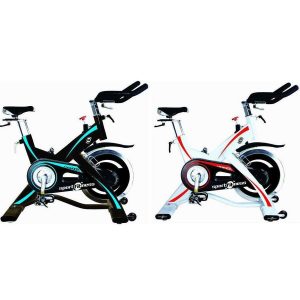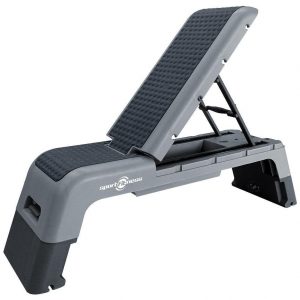La mejor rutina para realizar en casa
Ejercicios para no perder tus metas físicas
Que estar en casa no sea una excusa para no realizar ejercicio, recuerda que cualquier espacio es ideal para continuar cuidando de tu cuerpo y de tu estado físico. Una de las grandes excusas que las personas mencionan del porqué no realizan ejercicios en sus casas es que no cuentan con los elementos para realizarlos, es por eso que en el siguiente artículo te contaremos de los ejercicios que puedes realizar desde la comodidad de tu apartamento o casa sin necesidad de requerir de todos los objetos de un gimnasio.
Antes de iniciar con la rutina recuerda que junto al ejercicio debes llevar una alimentación o dieta balanceada y así no sentir ningún tipo de debilidad. Los ejercicios que te mencionaremos a continuación requieren de muy pocos objetos, para que te motives a comenzar o retomar tu rutina, así que iniciemos:
- La plancha, es un ejercicio que te puede ofrecer resultados espectaculares, puesto que es eficaz para definir y marcar tus abdominales. Ya puedes variar entre plancha lateral, con flexión, a una mano con una pierna levantada, esto depende de tu capacidad física. Puedes iniciar con la plancha normal con intervalos de 15 a 20 segundos de soportar tu peso.
- Zancadas, con ellas podrás fortalecer piernas, glúteos, además te ayudará a fortalecer tu flexibilidad, mejorar el equilibrio y corregir la postura. Para realizar correctamente las zancadas debes colocar tus pies juntos, después dar un paso hacia adelante, doblando las dos piernas hasta que la rodilla de atrás casi toque el piso, recuerda que las rodillas estén dobladas a 90 grados y repites la acción para cada pierna.
- Sentadillas, con este ejercicio lograrás fortalecer la parte inferior del cuerpo, quemar calorías y a perder peso. Es importante que mantengas una posición adecuada del cuerpo, la espalda debe estar recta y comienza a flexionar las rodillas.
- Flexiones, te ayudarán a fortalecer hombros, bíceps, tríceps, pecho, abdominales y extremidades inferiores. Para iniciar con este ejercicio te recomendamos comenzar apoyando las rodillas en el suelo, esto para que vayas ganando fuerza y ya con el tiempo la puedas realizar con el cuerpo completamente levantado del piso.
- Saltar cuerda, es uno de los ejercicios más completos, ya que te ayudará a ser más veloz, quemar calorías, tonificar el cuerpo, aumentar la resistencia muscular, entre otros beneficios.
Estos son algunos de los ejercicios que puedes realizar desde tu casa, lo importante es que te animes a iniciar o retomar tu rutina saludable y ganarle la batalla a la pereza, tú eres tu mayor oponente, sacúdete y ¡a darle con toda!
Nuestros destacados
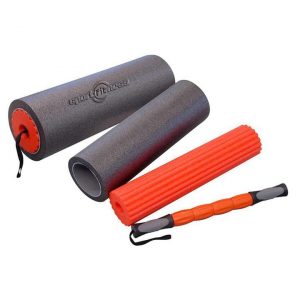
Set De Movilidad 3 EN 1 – Sport Fitness 71465
Original price was: $118.795.$95.036Current price is: $95.036. IVA Comprar Ahora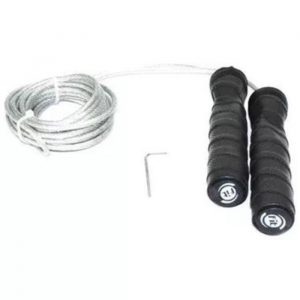
Lazo Para Salto JR4317 – Sport Fitness 71588
Original price was: $63.398.$50.718Current price is: $50.718. IVA Comprar Ahora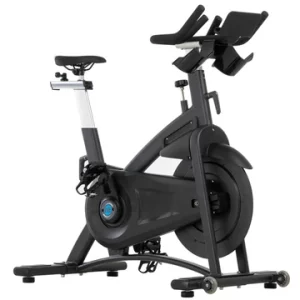
Bicicleta Spinning Magnética Benevento – 70396
Original price was: $3.590.517.$2.872.413Current price is: $2.872.413. IVA Comprar Ahora